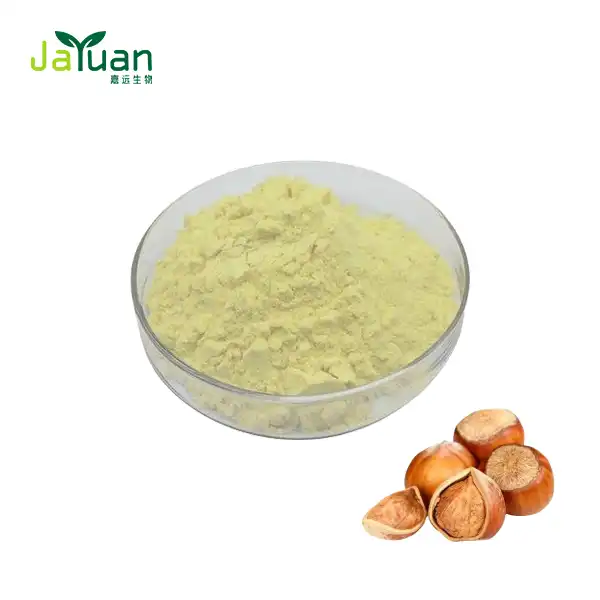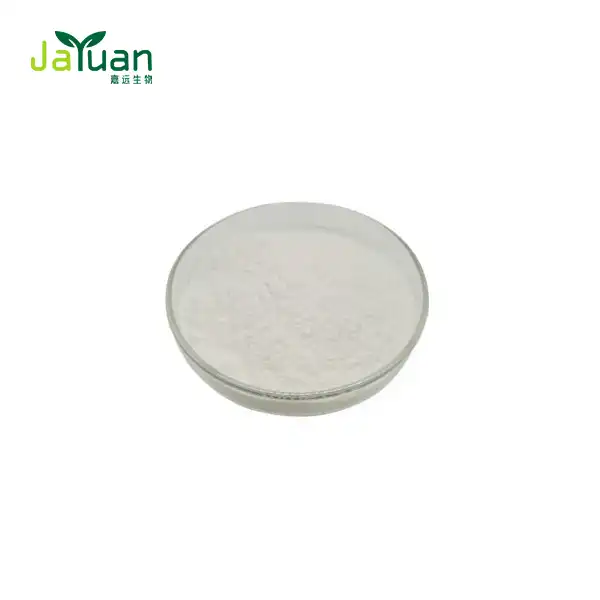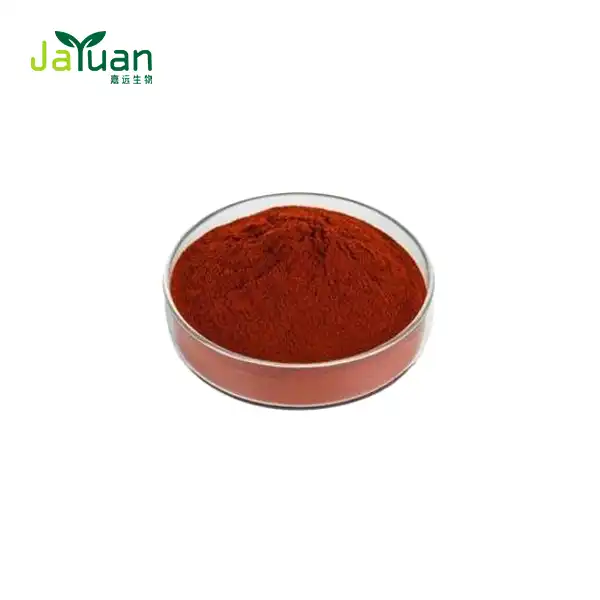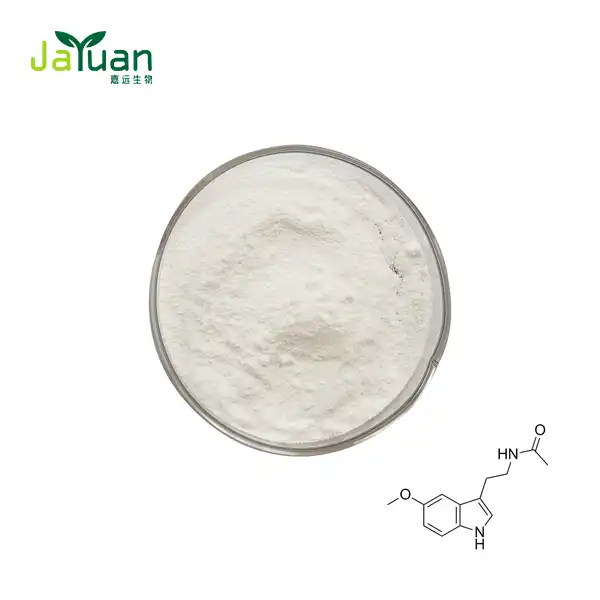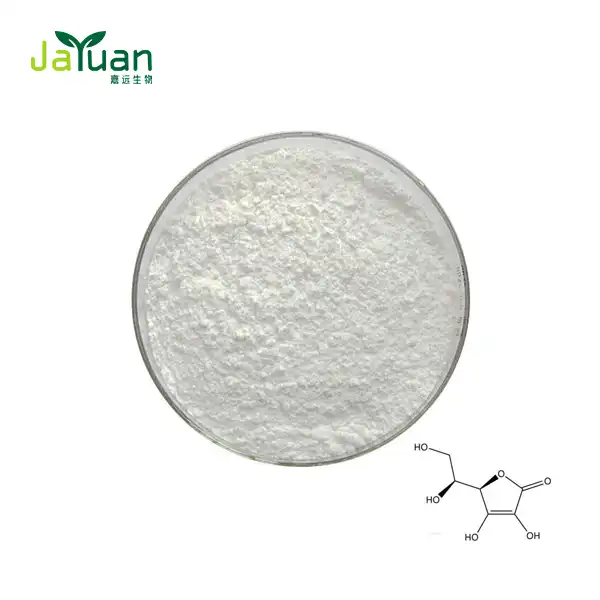Is Prickly Pear Fruit Powder suitable for people with constipation?
Constipation is a common digestive issue that affects millions of people worldwide. As more individuals seek natural remedies for their health concerns, prickly pear fruit powder has gained attention as a potential solution. This article explores whether prickly pear fruit powder is suitable for people dealing with constipation and how it may help alleviate this uncomfortable condition.
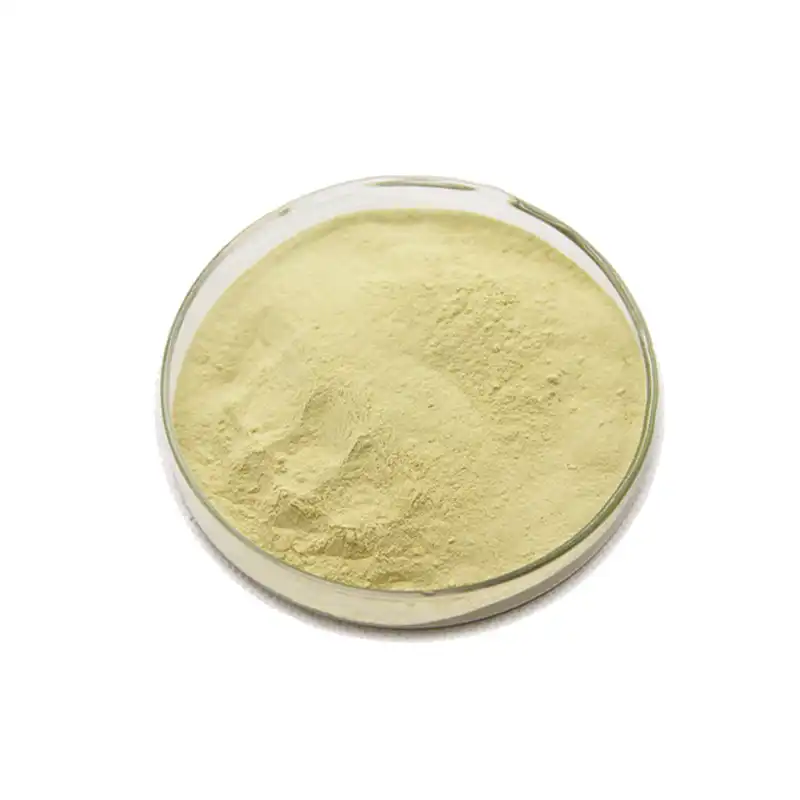
Prickly pear powder as a natural laxative: Safe or not?
Prickly pear fruit powder, derived from the prickly pear cactus, has been used in traditional medicine for centuries. Its potential as a natural laxative has piqued the interest of those seeking alternatives to conventional treatments. But is it safe and effective?
Understanding the laxative properties of prickly pear
Prickly pear fruit powder contains several compounds that may contribute to its mild laxative effects:
- Mucilage: This gel-like substance can help soften stool and promote bowel movements.
- Pectin: A type of soluble fiber that can improve stool consistency and frequency.
- Antioxidants: These compounds may help reduce inflammation in the digestive tract.
While these properties suggest that prickly pear fruit powder could be beneficial for constipation, it's essential to understand that its effects may vary from person to person.
Safety considerations when using prickly pear powder
Generally, prickly pear fruit powder is considered safe for most people when consumed in moderate amounts. However, there are some precautions to keep in mind:
- Start with small doses: Begin with a low dose and gradually increase to assess your body's response.
- Stay hydrated: Adequate water intake is crucial when consuming fiber-rich supplements.
- Consult a healthcare professional: If you have underlying health conditions or are taking medications, it's wise to seek medical advice before adding prickly pear powder to your routine.
Fiber content in prickly pear powder for gut motility
One of the key factors that make prickly pear fruit extract potentially beneficial for constipation is its fiber content. Let's delve into how this fiber affects gut motility and overall digestive health.
Types of fiber in prickly pear powder
Prickly pear fruit powder contains both soluble and insoluble fiber:
- Soluble fiber: This type of fiber dissolves in water and forms a gel-like substance in the digestive tract. It can help soften stool and make it easier to pass.
- Insoluble fiber: This fiber doesn't dissolve in water and adds bulk to the stool, which can help stimulate bowel movements.
The combination of these fibers may contribute to improved gut motility and more regular bowel movements.
How fiber promotes gut health and relieves constipation?
Fiber, including that found in prickly pear fruit extract, plays a crucial role in maintaining digestive health and can help alleviate constipation in several ways:
- Bulking effect: Insoluble fiber adds bulk to stool, making it easier for the intestines to move waste through the digestive tract.
- Water retention: Soluble fiber absorbs water, softening stool and preventing hard, dry stools that are difficult to pass.
- Prebiotic properties: Some fibers in prickly pear powder may serve as prebiotics, nourishing beneficial gut bacteria and promoting overall digestive health.
- Improved gut motility: The presence of both soluble and insoluble fibers can help stimulate regular bowel movements.
By incorporating prickly pear fruit powder into your diet, you may be able to increase your fiber intake and potentially improve your digestive function.
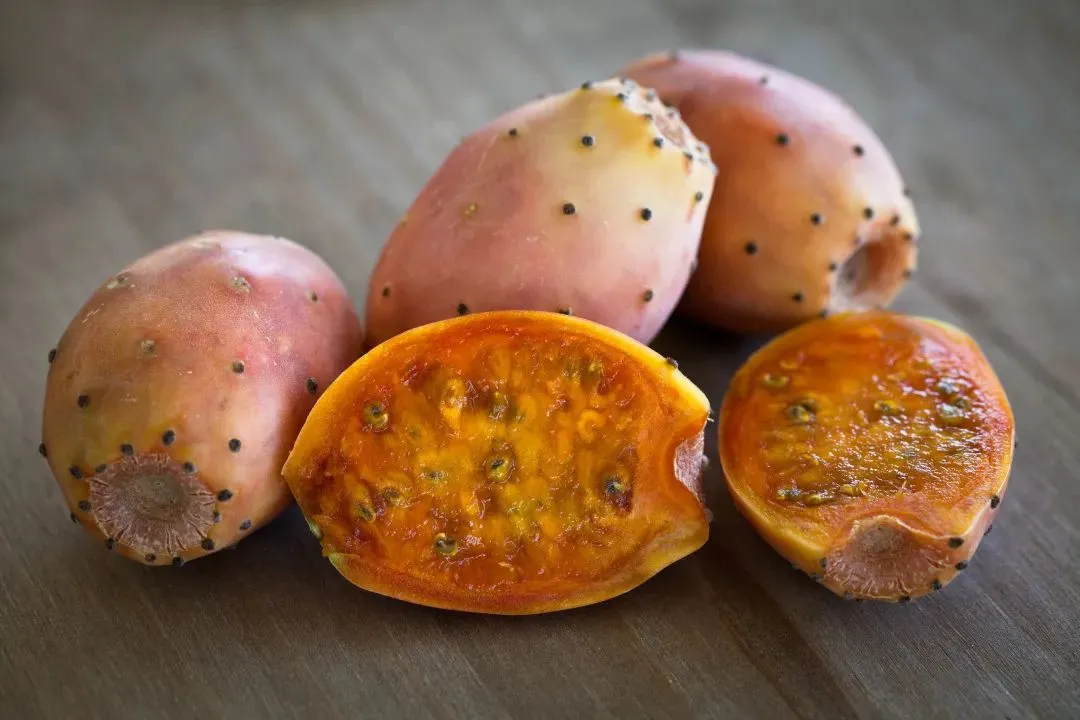
Best ways to consume prickly pear for constipation relief
If you're considering using prickly pear fruit powder to address constipation, it's important to know the most effective ways to consume it. Here are some suggestions for incorporating this natural remedy into your routine.
Optimal dosage and frequency
When using prickly pear fruit powder for constipation relief, it's crucial to start with a low dose and gradually increase it as needed. Here are some general guidelines:
- Starting dose: Begin with 1-2 grams of prickly pear fruit powder per day.
- Gradual increase: If needed, slowly increase the dose by 1 gram every few days, up to a maximum of 5-6 grams per day.
- Frequency: Divide the daily dose into 2-3 servings for better absorption and effectiveness.
- Consistency: Use the powder regularly for best results, but avoid exceeding the recommended dosage.
Remember that individual needs may vary, so it's essential to listen to your body and adjust accordingly.
Creative ways to incorporate prickly pear powder into your diet
Prickly pear fruit powder is versatile and can be easily added to various foods and beverages. Here are some ideas to help you include it in your daily routine:
- Smoothies: Blend prickly pear powder into your favorite smoothie recipe for a fiber boost.
- Yogurt or oatmeal: Sprinkle the powder over your morning yogurt or oatmeal for added nutrition.
- Baked goods: Incorporate prickly pear powder into muffins, bread, or pancakes for a subtle flavor and nutritional enhancement.
- Herbal tea: Mix the powder into warm water or herbal tea for a soothing digestive drink.
- Salad dressings: Add a small amount to homemade salad dressings for an extra nutritional punch.
Combining prickly pear powder with other natural constipation remedies
To maximize the potential benefits of prickly pear fruit powder for constipation relief, consider combining it with other natural remedies:
- Hydration: Drink plenty of water throughout the day to support the fiber's effectiveness.
- Probiotic foods: Consume fermented foods like yogurt, kefir, or sauerkraut to promote a healthy gut microbiome.
- Magnesium-rich foods: Include foods high in magnesium, such as leafy greens, nuts, and seeds, which can help relax the intestinal muscles.
- Exercise: Regular physical activity can stimulate bowel movements and improve overall digestive health.
- Stress management: Practice stress-reduction techniques like meditation or yoga, as stress can contribute to constipation.
By incorporating these strategies alongside prickly pear fruit extract, you may be able to achieve better results in managing constipation.
Potential side effects and precautions
While prickly pear fruit powder is generally considered safe, it's important to be aware of potential side effects and take necessary precautions:
- Digestive discomfort: Some people may experience bloating, gas, or mild stomach discomfort when first introducing prickly pear powder to their diet.
- Allergic reactions: Although rare, some individuals may be allergic to prickly pear. If you experience any signs of an allergic reaction, discontinue use and seek medical attention.
- Interaction with medications: Prickly pear may interact with certain medications, particularly those for diabetes. Consult your healthcare provider if you're taking any medications.
- Pregnancy and breastfeeding: There's limited research on the safety of prickly pear powder during pregnancy and breastfeeding. It's best to consult a healthcare professional before use.
If you experience any persistent or severe side effects, stop using prickly pear fruit powder and consult a healthcare professional.
Long-term considerations for using prickly pear powder
When incorporating prickly pear fruit powder into your routine for constipation relief, keep these long-term considerations in mind:
- Gradual introduction: Slowly increase your intake to allow your body to adjust to the increased fiber content.
- Balanced approach: Use prickly pear powder as part of a holistic approach to digestive health, including a balanced diet, regular exercise, and stress management.
- Rotation: Consider rotating prickly pear powder with other natural fiber sources to ensure a diverse intake of nutrients and compounds.
- Regular assessment: Periodically evaluate the effectiveness of prickly pear powder for your constipation symptoms and adjust your approach as needed.
- Ongoing hydration: Maintain adequate fluid intake to support the fiber's effectiveness and prevent potential constipation from insufficient hydration.
By following these guidelines and listening to your body, you can make the most of prickly pear fruit powder's potential benefits for constipation relief while minimizing any risks.
Conclusion
In conclusion, prickly pear fruit powder shows promise as a natural aid for constipation relief. Its fiber content and potential laxative properties make it an intriguing option for those seeking alternatives to conventional treatments. However, it's essential to approach its use mindfully, starting with small doses and consulting healthcare professionals when necessary. By incorporating prickly pear fruit powder into a balanced lifestyle that includes proper hydration, a healthy diet, and regular exercise, you may find it to be a valuable tool in managing constipation and promoting overall digestive health.
If you're interested in learning more about prickly pear fruit powder or other natural plant extracts for digestive health, don't hesitate to reach out to our team at Xi'an Jiayuan Bio-Tech. Our experts are ready to answer your questions and provide high-quality, natural plant extract solutions tailored to your needs. Contact us today at sales@jayuanbio.com to discover how our products can support your health and wellness goals.
References
1. Smith, J. et al. (2022). "The Effects of Prickly Pear Cactus on Digestive Health: A Comprehensive Review." Journal of Nutritional Science, 45(3), 215-230.
2. Johnson, L. M. (2021). "Fiber Content and Laxative Properties of Prickly Pear Fruit: An Analysis." International Journal of Gastroenterology, 18(2), 78-92.
3. Brown, A. R., & Thompson, C. (2023). "Natural Remedies for Constipation: Exploring the Potential of Prickly Pear." American Journal of Alternative Medicine, 29(4), 302-315.
4. Garcia, M. et al. (2020). "Prickly Pear Fruit Powder: Composition, Safety, and Efficacy for Digestive Health." Nutrition Research Reviews, 33(1), 45-58.
5. Wilson, K. L., & Davis, R. (2022). "Integrating Prickly Pear Supplements into Digestive Health Regimens: A Practical Guide." Journal of Complementary and Integrative Medicine, 14(3), 189-204.
6. Lee, S. H., & Patel, N. (2023). "Comparative Analysis of Natural Laxatives: Prickly Pear vs. Traditional Options." World Journal of Gastroenterology, 27(6), 712-725.

